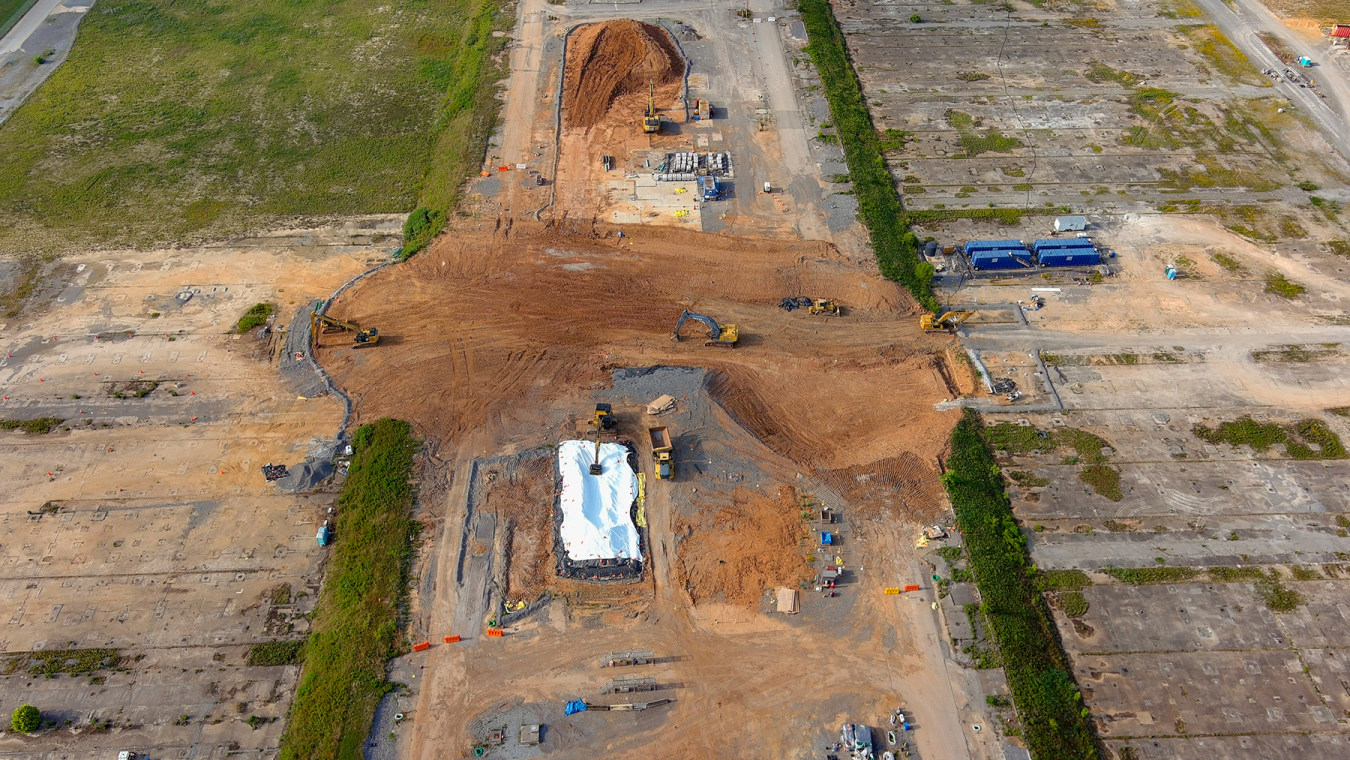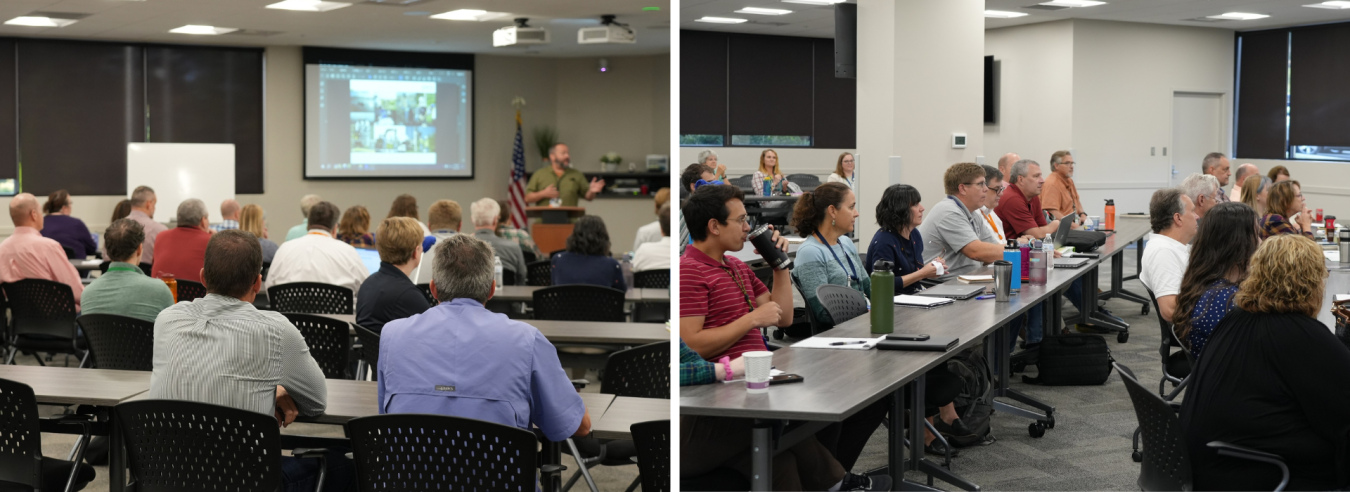Strengthened partnerships and recent changes to regulatory frameworks are leading to impressive results with EM’s cleanup in Oak Ridge.
Office of Environmental Management
October 10, 2023
OAK RIDGE, Tenn. – Strengthened partnerships and recent changes to regulatory frameworks are leading to impressive results with EM’s cleanup in Oak Ridge.
Over the past three years, the Oak Ridge Office of Environmental Management (OREM) and its contractor UCOR have started and completed the most remedial actions, or restorative cleanup tasks, of any DOE site.
Together, OREM and UCOR have completed 61% of DOE’s total remedial actions and started 80% of the new actions over that span.


A new regulatory partnership framework established in recent years by OREM with the U.S. Environmental Protection Agency (EPA), Tennessee Department of Environment and Conservation (TDEC) and UCOR is ushering in a new chapter of accelerated cleanup.
“Our organizations are experiencing returns on the investments we’ve made to better understand the issues and the interests of our partners,” said Erin Sutton, director of OREM’s Quality and Mission Support Division. “It’s leading to decisions and clear direction so our workforce can continue their momentum.”
The framework aids decision-making and approvals needed to conduct cleanup operations at the three major cleanup sites on DOE’s Oak Ridge Reservation: the East Tennessee Technology Park, Oak Ridge National Laboratory and Y-12 National Security Complex.
Management representatives from each organization — OREM, EPA, TDEC and UCOR — serve on a leadership team that sets programmatic goals for the cleanup mission. These goals are communicated to the staff through a selected group of employees identified as the emerging issues team. Designed to identify potential roadblocks and enable resolution on staff-level issues, these teams work cooperatively to resolve regulatory challenges and improve communication so the agencies can make protective, timely decisions.

Representatives from the Oak Ridge Office of Environmental Management, U.S. Environmental Protection Agency, Tennessee Department of Environment and Conservation and UCOR recently gathered for a meeting to share perspectives and discuss potential efficiencies that can benefit future projects.
Through this structure and steady progress in the field by employees, OREM and UCOR have accomplished remarkable achievements.
Since 2020, OREM and UCOR have been responsible for 84% of the total volume of soil remediation, 91% of debris, 100% of sediment, and 98% of treated wastewater for DOE’s completed remedial actions.
Those tallies equate to 385,000 cubic yards of soil, 31,915 cubic yards of debris, 1,234 cubic yards of sediment and 941,000 gallons of wastewater.
OREM, EPA, TDEC and UCOR are not stopping there. The organizations are working to make continual improvements. They recently held a joint meeting to share perspectives, discuss potential efficiencies and plan ahead for major upcoming work that can benefit future projects.
-Contributor: Ben Williams
To receive the latest news and updates about the Office of Environment Management, submit your e-mail address.

